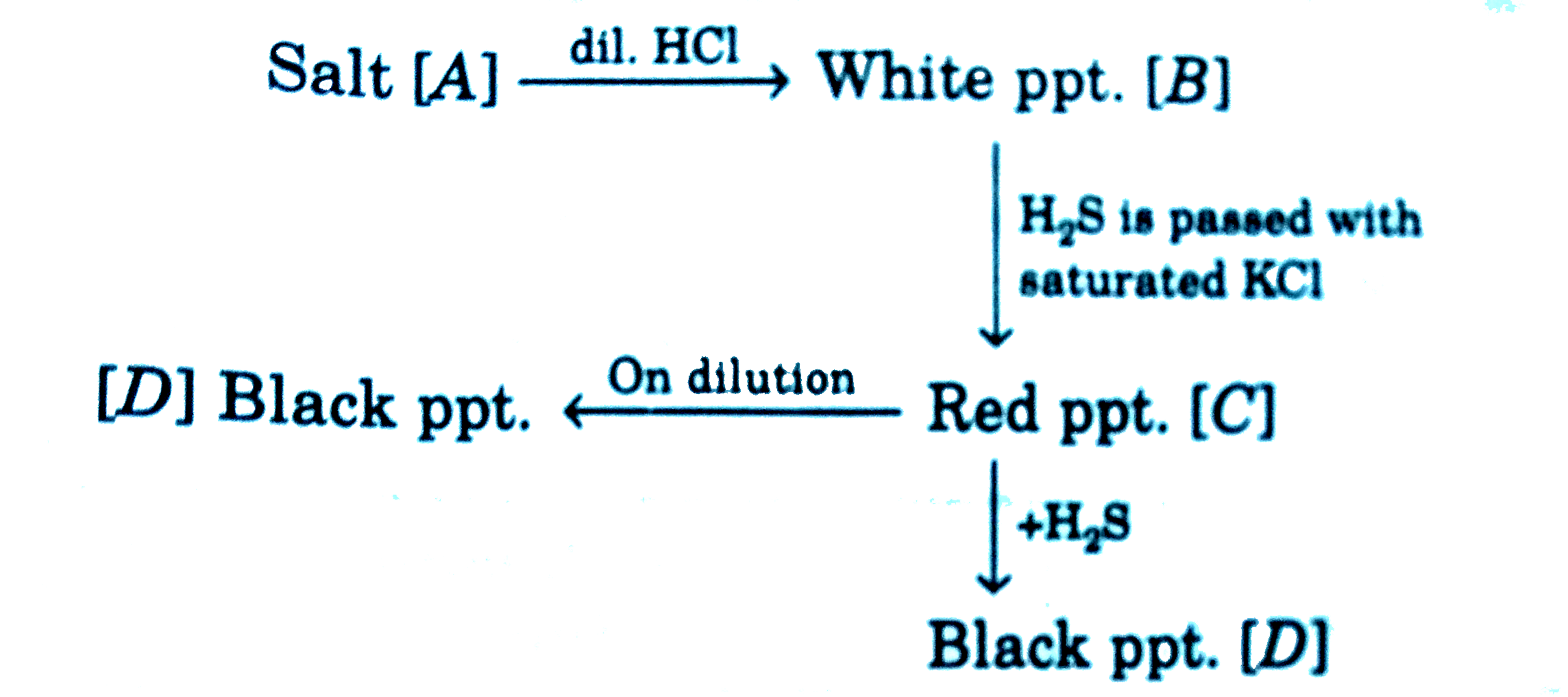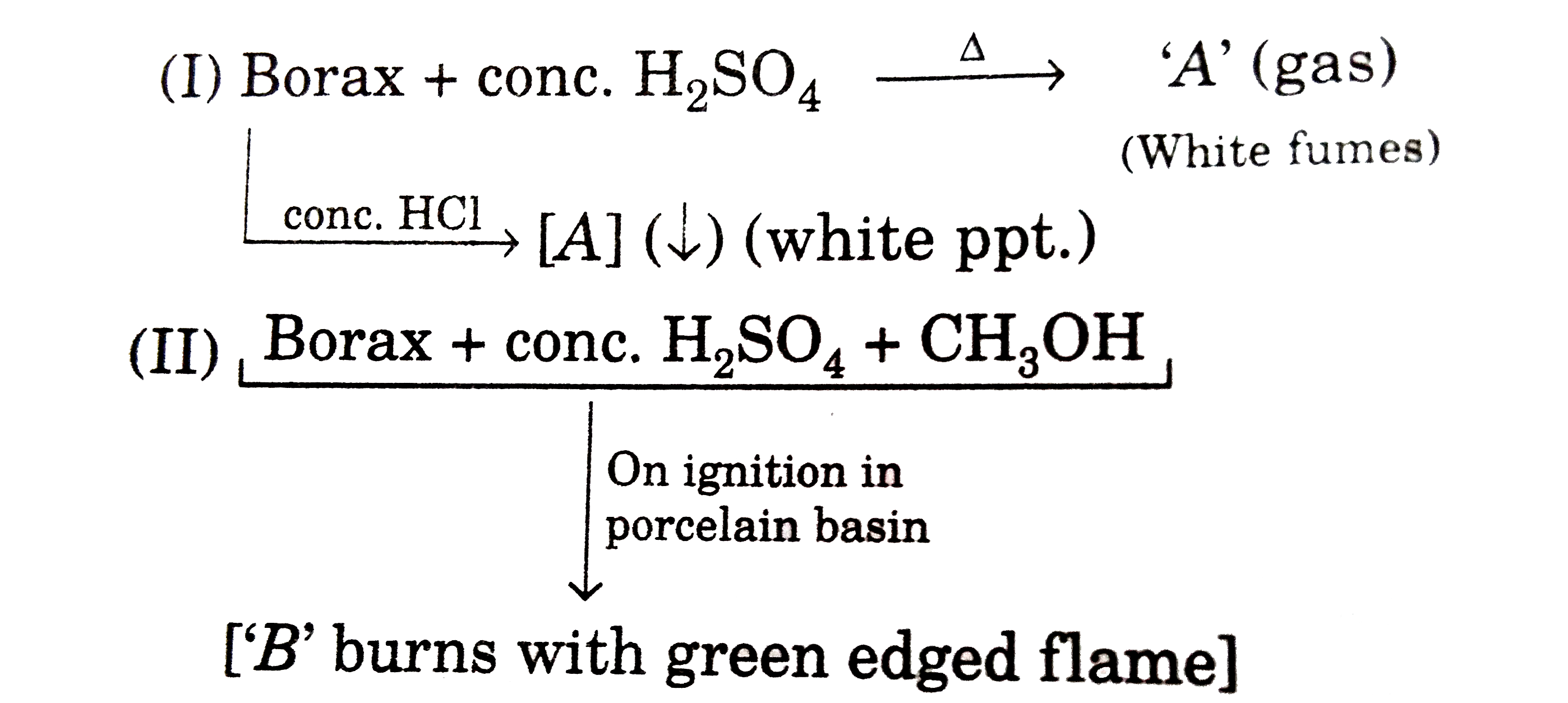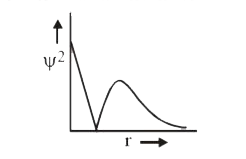The correct statement about probability density (except at infinite distance from nucleus ) is :
it can be zero for 1s orbital
it can be negative for 2p orbital
it can be zero for 3p orbital
it can never be zero for 2s orbital
To solve the question regarding the correct statement about probability density (except at infinite distance from the nucleus), we will analyze the probability density of different atomic orbitals: 1s, 2s, 2p, and 3p.
1. Understanding Probability Density:
- Probability density describes the likelihood of finding an electron in a particular region around the nucleus. It is represented as a function of the distance (r) from the nucleus.
2. Identifying Radial Nodes:
- The number of radial nodes in an orbital can be calculated using the formula:
Radial nodes=n−l−1
- Here, n is the principal quantum number and l is the azimuthal quantum number.
3. Calculating Radial Nodes for Each Orbital:
- 1s Orbital:
- n=1, l=0
- Radial nodes = 1−0−1=0 (no nodes)
- 2s Orbital:
- n=2, l=0
- Radial nodes = 2−0−1=1 (1 node)
- 2p Orbital:
- n=2, l=1
- Radial nodes = 2−1−1=0 (no nodes)
- 3p Orbital:
- n=3, l=1
- Radial nodes = 3−1−1=1 (1 node)
4. Graphing Probability Density:
- The probability density graphs for these orbitals show how the density varies with distance from the nucleus.
- 1s: No nodes, the graph remains above zero.
- 2s: One node, the graph crosses zero once.
- 2p: No nodes, but the graph can approach zero at certain distances.
- 3p: One node, the graph crosses zero once.
5. Evaluating the Options:
- We need to determine which statements about the probability density are correct (except at infinite distance):
- Option 1: 2p cannot be 0. (Incorrect, as the graph approaches zero)
- Option 2: 3p can be 0. (Correct, as it has a node)
- Option 3: 1s can be 0. (Incorrect, it does not approach zero)
- Option 4: 2s never be 0. (Incorrect, it has a node and can be zero)
6. Conclusion:
- The correct statement is that 3p can be 0.
- Probability density describes the likelihood of finding an electron in a particular region around the nucleus. It is represented as a function of the distance (r) from the nucleus.
- The number of radial nodes in an orbital can be calculated using the formula:
Radial nodes=n−l−1
- Here, n is the principal quantum number and l is the azimuthal quantum number.
- 1s Orbital:
- n=1, l=0
- Radial nodes = 1−0−1=0 (no nodes)
- 2s Orbital:
- n=2, l=0
- Radial nodes = 2−0−1=1 (1 node)
- 2p Orbital:
- n=2, l=1
- Radial nodes = 2−1−1=0 (no nodes)
- 3p Orbital:
- n=3, l=1
- Radial nodes = 3−1−1=1 (1 node)
- The probability density graphs for these orbitals show how the density varies with distance from the nucleus.
- 1s: No nodes, the graph remains above zero.
- 2s: One node, the graph crosses zero once.
- 2p: No nodes, but the graph can approach zero at certain distances.
- 3p: One node, the graph crosses zero once.
- We need to determine which statements about the probability density are correct (except at infinite distance):
- Option 1: 2p cannot be 0. (Incorrect, as the graph approaches zero)
- Option 2: 3p can be 0. (Correct, as it has a node)
- Option 3: 1s can be 0. (Incorrect, it does not approach zero)
- Option 4: 2s never be 0. (Incorrect, it has a node and can be zero)
- The correct statement is that 3p can be 0.
Topper's Solved these Questions
Similar Questions
Knowledge Check

The correct statement about [C] is:ARed precipitate is formed due to formation lead sulphochloride.BRed precipitate is formed due to disproportionation of Hg2CI2CRed precipitate [C] on dilution with water decompose into PbS and PbCI2DRed precipitate [C] on dilution with H2O, it decomposes into Hg and HgCI2.The correct statement about silicone is
AThey are ketones with silyl group (SiH3) similar to alkyl, (SiH3)2COBThey are synthetic polymer containing repeated R2SiO2 unitsCThey are formed by hydrolysis of R2SiCl2DAll of the aboveCorrect statement about VBT is .
AEach bond is formed by maximum overlap for its maximum stabilityBIt represents localised electron modal of bonding.CMost of the electrons retain the same orbital localisation as in a separate atom,DAll are correct.

Correct statement about 'B' is/are:
View SolutionCorrect statement about lactose is/are :
View SolutionWhen the atomic electron is at infinite distance from the nucleus, its energy is
View SolutionAll the statements about stereocilia·are correct except
View SolutionThe following graph between Ψ2 probability density and distance from the nucleus represents -

View Solution

